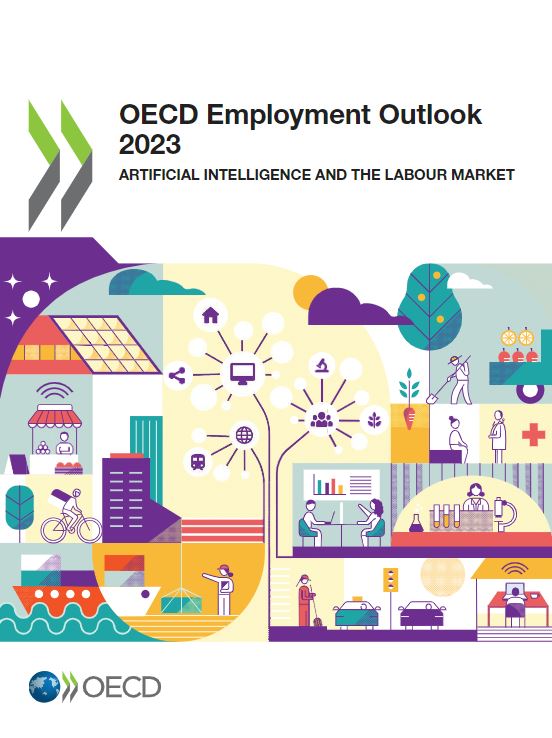
"Artificial Intelligence and the Labour Market
The 2023 edition of the OECD Employment Outlook examines the latest labour market developments in OECD countries. It focuses, in particular, on the evolution of labour demand and widespread shortages, as well as on wage developments in times of high inflation and related policies. It also takes stock of the current evidence on the impact of artificial intelligence (AI) on the labour market.

"The Gender Inclusivity Toolkit equips young entrepreneurs with resources to promote gender equality and inclusivity in their businesses. This toolkit provides a pathway for transformative change, enabling entrepreneurs to cultivate an inclusive workplace that attracts and retains a gender-diverse talent pool. It aims to raise awareness of gender biases and discrimination, offering practical measures for addressing them."
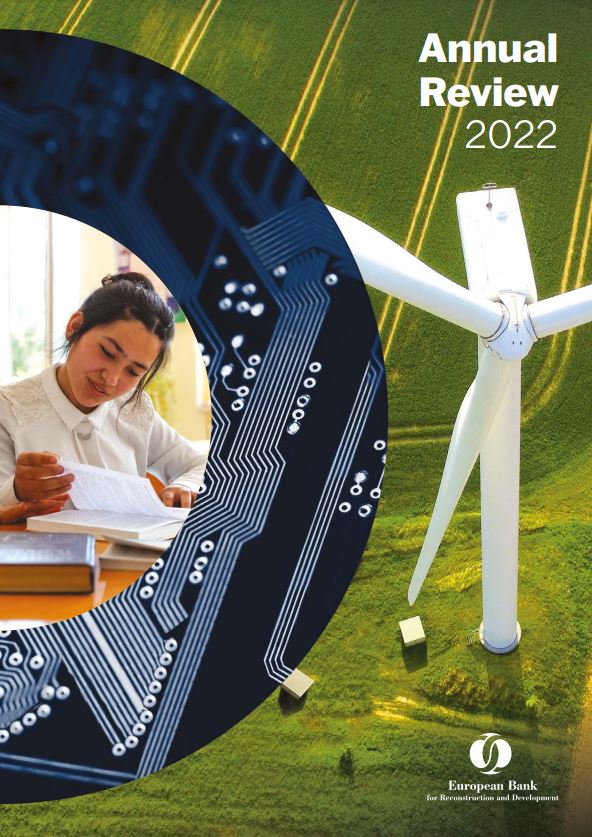
"The Annual Review 2022 details how the Bank stepped up its investment last year and was particularly vigorous in support of Ukraine.
The EBRD balanced its work in Ukraine with meeting key objectives in other areas, such as tackling climate change, fostering inclusion and building digital capacity in the economies where it operates.
Crucially, green investments totalled 50 per cent of Annual Bank Investment (ABI) for 2022, in line with the EBRD’s goal of being a majority green bank by 2025."
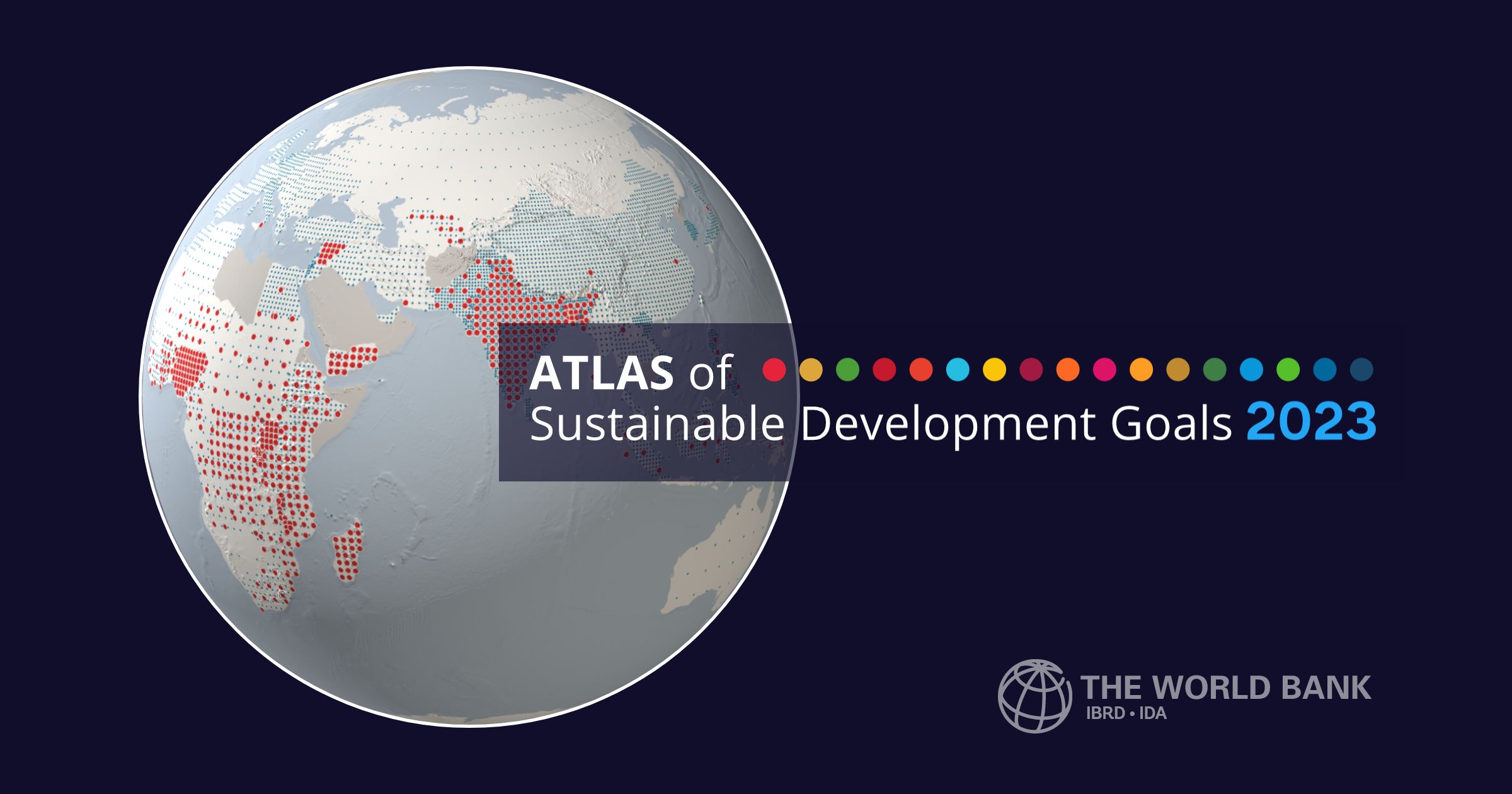
The Atlas of Sustainable Development Goals 2023 presents interactive storytelling and data visualizations about the 17 Sustainable Development Goals. It highlights trends for selected targets within each goal and introduces concepts about how some SDGs are measured.

Opportunities for Financial and Agricultural Service Providers
Rural women are central to building more resilient global food systems, yet face disproportionate threats from climate stresses and shocks. To help rural women adapt and thrive in the face of climate change and boost food security, service providers must design and deliver financial and non-financial solutions that create value for rural women as well as their businesses.

Economic forecasts
Regional Economic Prospects review the latest economic developments in the EBRD regions and provide a discussion of recent growth performance as well the latest forecasts prepared by economists and economic analysts at the EBRD.
They also provide analysis on topical issues such as the impact of the war on Ukraine and high inflation on the economies in the EBRD regions and implications for policies.

But the international architecture must adapt to a fast-changing world
Today fewer than 1 in 10 of the world’s people are poor, a fourfold reduction since 1990, as low- and middle-income countries have doubled their share of global trade. Pivotal to this leap in global income is a twentyfold increase in international trade since 1960.
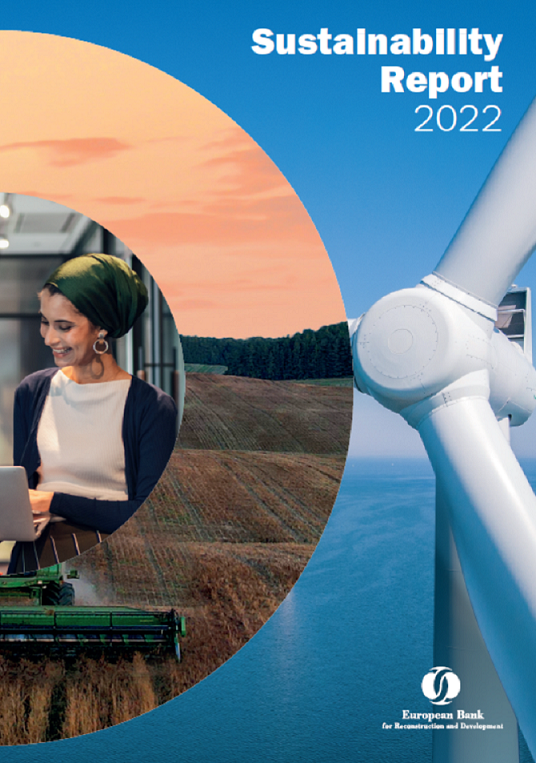
"The Sustainability Report 2022 explores the many ways in which the EBRD worked over the course of the year to prepare its regions for a stronger, more resilient and sustainable future. It details how the Bank responded to multiple crises, including the impact of the invasion of Ukraine, and the global emergencies of climate change and biodiversity loss."
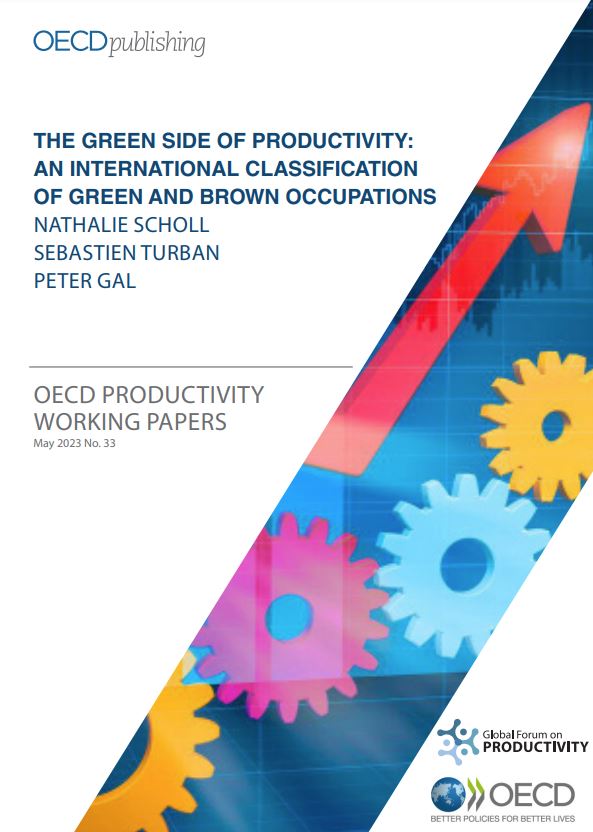
An international classification of green and brown occupations
This paper describes the methodology used for crosswalking occupation-based measures of Green (“environmentally friendly”) and Brown (“polluting”) jobs from the Standard Occupational Classification (SOC) system to the International Standard Occupation Classification (ISCO) 08 at the most detailed (4-digit) level. The original, task-based Greenness scores by Vona et al. (2018) are provided at the 8-digit SOC level, and the industry-based Brownness measures are provided in 6-digit SOC. Crosswalking these measures requires several choices in terms of weighting and aggregating, which this paper describes in detail.

Basic Statistics 2023 presents data for 46 economies in Asia and the Pacific on development indicators tracking progress toward the Sustainable Development Goals (SDGs).
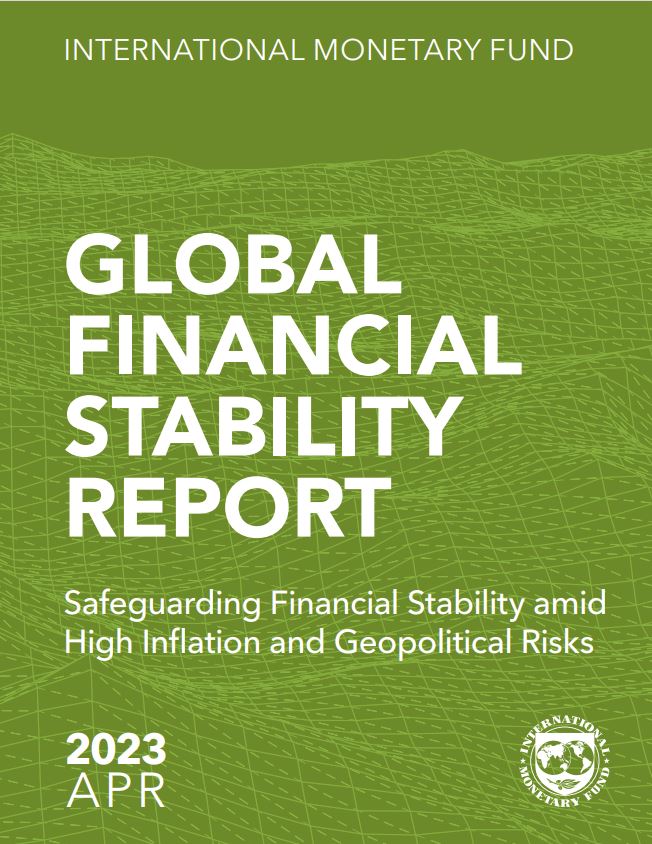
Safeguarding Financial Stability amid High Inflation and Geopolitical Risks
The Global Financial Stability Report (GFSR) provides an assessment of the global financial system and markets, and addresses emerging market financing in a global context.
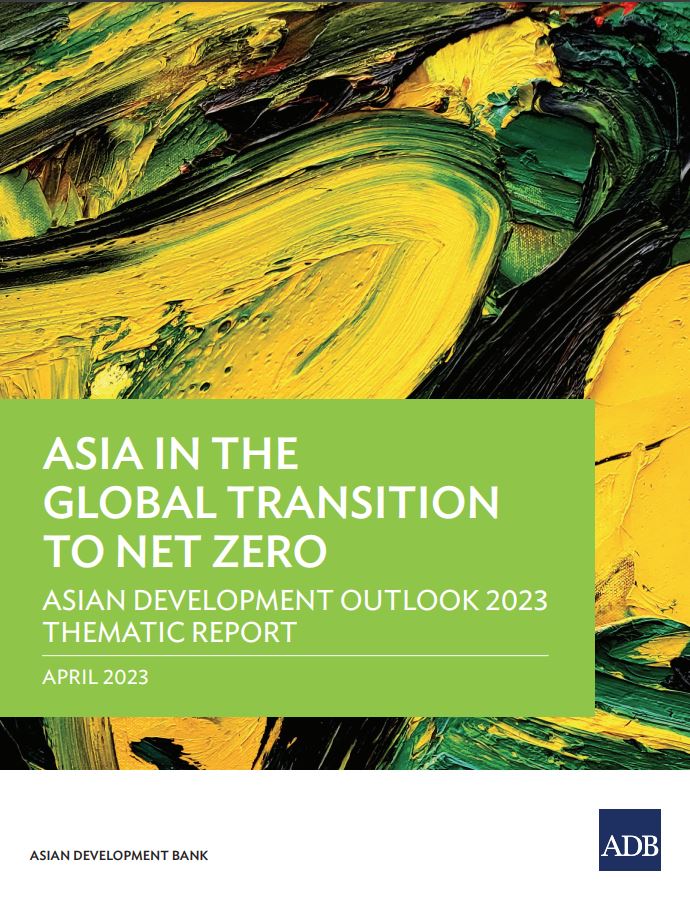
Developing Asia faces a climate policy crossroads. The region is highly vulnerable to climate change, even as it is an increasing contributor to the global climate crisis. This report models emission pathways based on commitments and pledges under the Paris Agreement and compares them with more optimal routes to net zero. It examines required transformations in the energy sector and land use and assesses socioeconomic implications. The report looks at policy costs, climate benefits, air quality co-benefits, and labor market outcomes, and discusses policies for an efficient and equitable transition.


